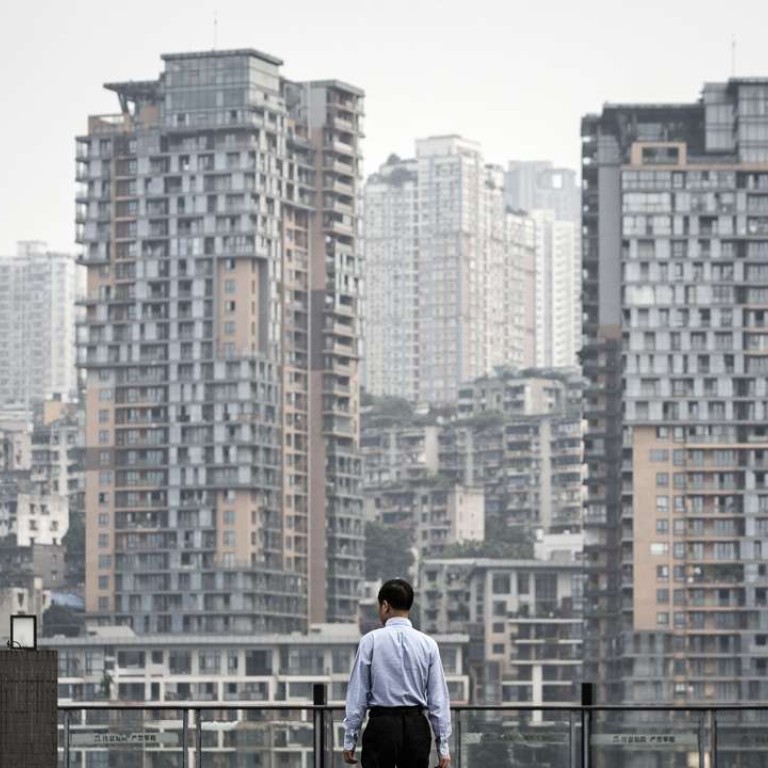
China’s residential leasing market yet to gather steam
Soaring home prices, other obstacles make the going tough for companies
Rising property prices have put a spanner in China’s efforts to prop up its residential leasing market as the country seeks more steps to tackle the accommodation woes of millions of people, experts said.
The State Council, China’s cabinet, issued a guideline on June 3 for the residential leasing market. The guideline is just an elaboration of previous statements dating back to early 2015, they said.
Under the new guideline, the government has allowed developers to convert commercial property for residential leasing units, something that Beijing was not keen on sanctioning till now. The policy makes available more homes for leasing purposes and reduces the landlords’ due value-added tax from 5 per cent to 1.5 per cent (individual landlords with monthly rental income of less than 30,000 yuan are exempted from VAT till the end of next year). It also encourages the development of professional leasing companies.
Rising property prices have made self-owned homes increasingly out of reach for college graduates, poor households and migrant workers in large cities, while the leasing market is still underdeveloped.
According to government data, only 21 per cent of the urban population live in rented homes and together had combined annual transactions of about one trillion yuan. If the ratio could be raised to 30 per cent, the market would double to two trillion yuan, said a recent report from Huatai Securities.
The potential promising market, however, is still crowded with individual landlords, instead of professional agencies.
Lu Kehua, China’s deputy minister housing and urban-rural development, said individuals accounted for 90 per cent of the supplies in the Chinese market, while in mature markets professional companies, who buy or lease wholesale homes and then sublet them to tenants, hold 30 per cent of the market.
Very few companies have shown interest in the residental leasing business, according to Lu and other experts, primarily because of low returns when compared with property sales.
According to global real estate services firm Savills, in many Western markets the yield on leasing out a property typically is about 4 to 6 per cent which in many cases is enough to cover the cost of a mortgage. In China the rental yields range from 1 to 3 per cent.
Wu Jianqin, an analyst with the China Index Academy, an industry research institute, said for most developers, selling units soon after homes are built remains the dominant business model that involves the least risk. In the leasing market, the yields are low and it takes time for companies to recover their investments.
“For landlords, amid rising prices, leasing is just a transitional solution as selling homes at high prices is much more attractive. The approach give tenants little sense of security and forces them to consider leasing as an expedient before buying a home,” Wu said.
To boost incentives for leasing, experts said besides current initiatives, rental payments should be made tax deductible.
The implementation of a property tax would result in holding costs and landlords would be encouraged to offset that by leasing out their units, said industry experts. Leasing contracts would also tilt more towards the tenants, they said.
Wang Liantao, chief operating officer of xiaozhu.com, China’s equivalent of Airbnb, an apartment-sharing firm, said online platforms can act as catalysts in China’s leasing market and make it more diverse.
“Landlords are also becoming aware that apart from long-term leases, they can let out their apartments on a short-time basis. It’s more flexible and in many cases more profitable. For the market it means more supply,” he said.

